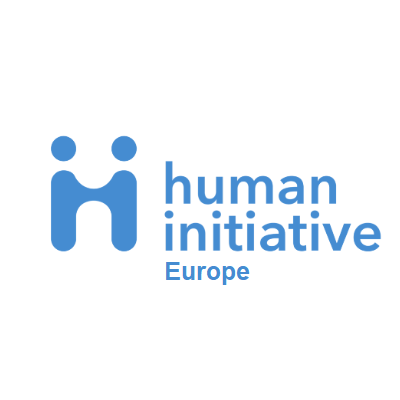
The Correlation Between Fasting and Zakat
Fasting and zakat are two fundamental pillars of Islam that serve not only as acts of worship but also as social instruments for fostering unity, empathy, and economic justice within society. While fasting (sawm) is an individual act of devotion that purifies the soul and strengthens self-discipline, zakat (obligatory almsgiving) is a financial duty aimed at wealth distribution and poverty alleviation. Together, these practices create a balanced and harmonious community where social solidarity is upheld.
Fasting and Empathy Towards the Poor
Fasting, especially during the holy month of Ramadan, places every Muslim in a state of temporary deprivation from food and drink. This experience fosters a deep sense of empathy toward those who struggle with hunger daily. By abstaining from basic necessities for a specific period, individuals develop a heightened awareness of the suffering endured by the less fortunate. This heightened sense of compassion often translates into a greater willingness to give and support those in need.
Zakat as a Mechanism for Economic Equity
Zakat, which means "purification" in Arabic, is an obligation for financially able Muslims to contribute a portion of their wealth (typically 2.5% of their savings) to those in need. It serves as a form of wealth redistribution, ensuring that economic disparity is reduced and that the basic needs of the less fortunate are met. This practice not only helps to lift people out of poverty but also fosters economic stability and prevents the excessive accumulation of wealth in the hands of a few.
The Strengthening of Social Bonds
When fasting and zakat are observed together, they create a powerful social impact. Fasting cultivates empathy, which in turn encourages charitable giving. The act of paying zakat during or after Ramadan reinforces the values of generosity and responsibility. Additionally, during Ramadan, many Muslims engage in extra acts of charity, such as giving sadaqah (voluntary charity) and organizing communal iftar (breaking of fast) gatherings to feed the needy. These collective efforts strengthen the sense of community and social responsibility.
Addressing Social Inequality
In many societies, economic disparity is a major issue that leads to social unrest and injustice. The combined practice of fasting and zakat helps bridge the gap between the rich and the poor by encouraging wealth sharing and reducing economic hardships. The redistribution of wealth through zakat ensures that essential resources like food, healthcare, and education are accessible to marginalized communities, ultimately promoting social harmony and equity.
Conclusion
Fasting and zakat are deeply interconnected in their purpose and effect. Fasting nurtures self-discipline and a sense of empathy, while zakat transforms that empathy into tangible support for the underprivileged. Together, these practices create a just and compassionate society where wealth is shared, social ties are strengthened, and individuals are reminded of their moral responsibilities toward one another. By embracing these principles, societies can move toward a more balanced and equitable future.
